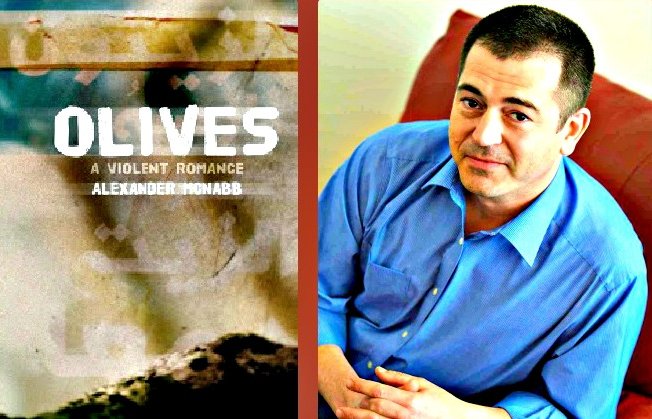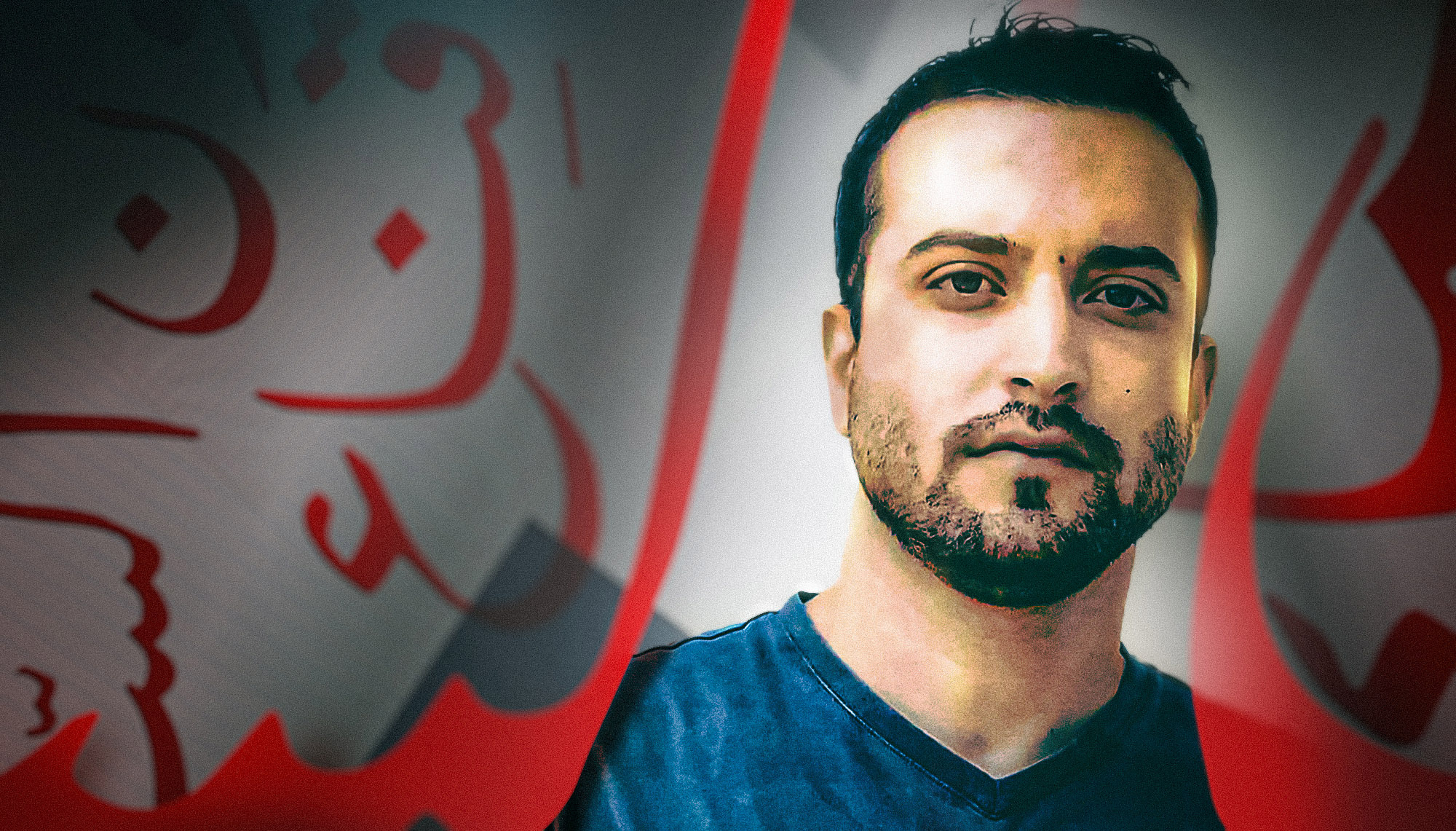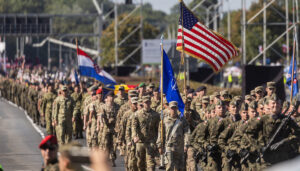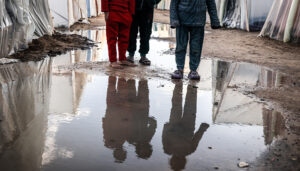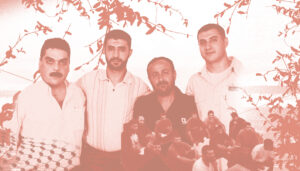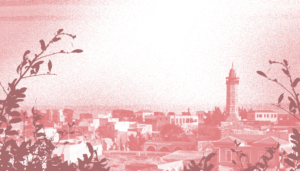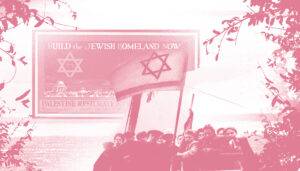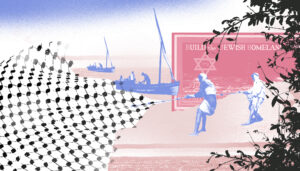By Alexander McNabb
I’ve just had the news. Olives – A Violent Romance won’t be going on sale in Jordan. The first distribution company that turned it down didn’t give a hard reason, just a lot of corporate weasel words about them being ‘currently overloaded with existing distribution projects’.
As someone who writes corporate weasel words, I can spot ’em a mile off. And these said to me, ‘Your book’s as hot as a Fukushima fuel rod and we’re not touching it.’
The second distributor has just confirmed that Olives is to, at least in Jordan, be a victim of some of the very attitudes and issues it touches upon.
“…it would not go through censorship as it mentions, although in fiction, the family name Dajani which is an existing family and all over the Middle East. They are of Jerusalemite origin, and quite influential. I therefore have to decline…”
Please note I’m not saying ‘banned’ because it never got as far as the censor. The booksellers have blocked it out of fear that someone from a big family will take umbrage from a work of fiction using the family’s name.
As Kamal BinMugahid points out in his thought-provoking post today, honour is paramount in the Arab World. A family’s good name is taken very seriously indeed, sometimes to the point where the mania spills out into murder, the so-called honour killings which tarnish the whole Arab World’s good name to save the ‘good name’ of single families.
Olives is a novel, a work of fiction. It features a number of characters who are Jordanian and all have ‘real life’ Jordanian names. It would be patently ridiculous to give them Scottish names, but you would expect to see Scottish names in, say, Monarch of the Glen. And, in fact, we can see that indeed Archie MacDonald, a Scottish name, is the main character’s name in that very book.
The MacDonalds are a great old Scottish family, or clan. As, indeed, are the McNabbs. But I think we can all accept our names could well be used for characters in a Scottish fiction. My own has been used, in fact, as a pseudonym by another author, a certain ‘Andy McNab’. For the record, McNabs, MacNabs and McNabbs are all the same thing. It’s just we’re a particularly dyslexic clan. Most of the clan chieftains have been called Archibald over the years, a particular disappointment to me when I found out.
There is no malice in the act of naming characters in a book and no intent to harm or defame. It’s simply something you do in the process of creating your fiction. Each and every book published in fact carries a piece of text standard in the publishing industry that asserts the fictional nature of the work which neatly hedges against a mild-mannered librarian somewhere called Hannibal Lecter taking it personally.
All characters in this publication are fictitious and any resemblance to real persons, living or dead, is purely coincidental.
And that text duly appears in Olives. Because Olives is fiction.
There is no intent to malign or otherwise slur the name of Dajani or cause any harm or hurt to the name or anyone who bears it. Because Olives is fiction. There is no reflection of my personal view of the probity, decency or indeed history of the family. Because Olives is fiction. It features a lawyer called Emad Kawar, a spy called Gerald Lynch (an Irish name for a Northern Irish character) and other Jordanian names – Arafi, Mchouarab and Shukri, for instance. I could make up ‘alternames’ for the characters, names that sound like Jordanian names but aren’t, but it’d be a rather silly book for it and still wouldn’t guard against coincidence.
I picked Dajani because it sounded right for my characters. It’s a Palestinian name and the family is spread throughout the Levant (and, indeed, world), so it’s common enough for this particular fictional offshoot of the family to avoid being identified as any particular ‘real life’ Dajanis. Because I had considered that, something that few other authors elsewhere in the world would have to give two seconds’ thought to. And yet for them to ‘live’ in the fiction, they have to be realistic, they have to have a history like so many other Palestinian families, they have to have suffered loss and tragedy, because that’s what Olives is about. Many, many families have suffered like the family depicted in Olives. Because it’s about all of them, not one family’s name. And.it.is.fiction.
The thing that struck me more than anything else was the objections were lodged before anyone had read the book. That, with so many forms of censorship and repression, is so often the case. It’s the very idea of it all that’s bad enough to call for a cry of ‘down with this sort of thing’.
I have seen my work rejected by many people over the years, for a variety of reasons. But never before has someone knocked me back because of fear. Fear of the reaction of people with the same family name to a character in a work of fiction.
So I’m sorry, Jordan, but you’ll just have to order your copies of Olives from The Book Depository. The good news is it’ll ship within 72 hours, shipping is free and the book’ll cost you just the same as buying it from a local bookshop. Or if you’ve got a friend in Beirut, it’s on sale there…
